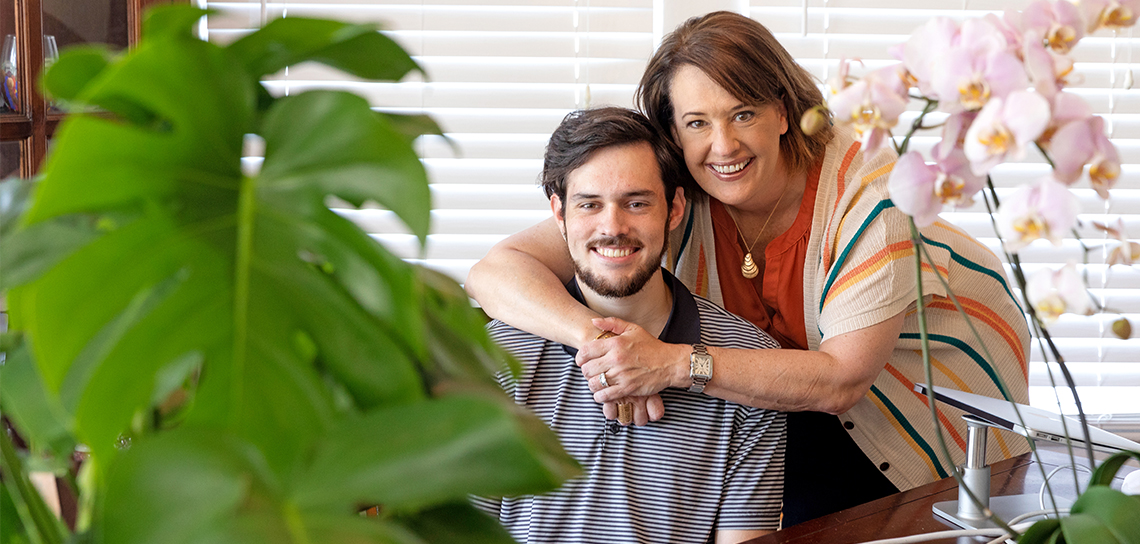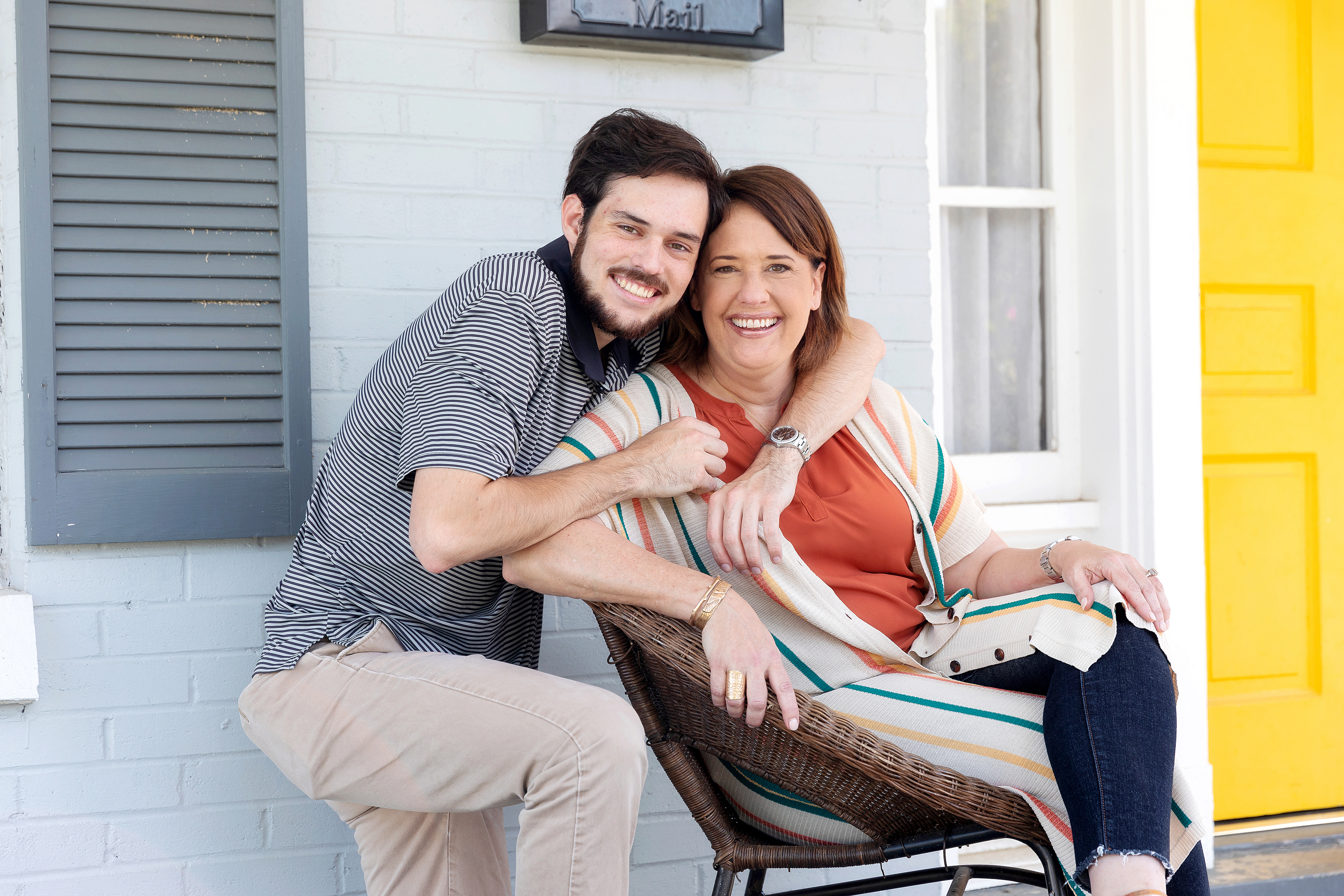Active awareness: Anne Milneck’s Crohn’s crusade
It’s a subject no one wants to talk about. But that doesn’t make it go away. In fact, not talking about a significant disease only makes it less understood and more difficult to navigate. Anne Milneck is trying to change all that.
In the summer of 2016, Milneck got a call from her son, Clay.
He’d gone to the bathroom, again, and this time, there was blood. A lot of blood. Soon after, Clay was diagnosed with Crohn’s disease. After years of dealing with a host of seemingly unrelated problems, the Milnecks finally had an answer. And yet this was just the beginning.
Crohn’s is an autoimmune illness in which a person’s own immune system, set up to fight off sickness, gets confused and attacks the body’s own cells. People often tell those living with Crohn’s that they don’t look sick. It’s an illness that flares and goes into remission, so it can be difficult to track. What’s more, talking about it is awkward. Its symptoms include, among others, diarrhea, rectal bleeding, the urge to use the bathroom, and constipation.
“This disease often comes along with a good dose of embarrassment and shame, unfortunately,” Milneck says.
Soon after the Milnecks got their diagnosis, Anne learned as much as she could and started helping other families. Increasing numbers of young people are being diagnosed with Crohn’s, likely because the science has improved.
As a chef, a mom of three, and the owner of the Red Stick Spice Company, Milneck knows food can impact how a person feels. She still believes this. In the case of Crohn’s, though, diet alone doesn’t cause or cure the disease. So Milneck developed a handful of tactics that do make a difference.
She got active with the Louisiana and Mississippi chapter of the Crohn’s & Colitis Foundation and, ultimately, became the organization’s chair.
“This disease is best managed when the whole person is managed,” she says.
The notion of aligning mind, body and science was a highlight of a recent education day the foundation organized.
Learning to speak up—to coaches, teachers and every single one of your doctors—when it comes to Crohn’s plays a big role in coping with it and navigating life when it’s flaring up.
Soon after his diagnosis, Clay headed to college. He worried about what people would think. The Milnecks sought help from LSU Disability Services for extra support. Since stress is known to trigger Crohn’s flare-ups, this small, and relatively easy, measure made a huge difference. Clay plans to graduate next year with a film degree.
Stigma is a big issue. Coaches, teachers and administrators who give kids grief for using the restroom don’t help. Milneck is on a crusade to change that.
“We need to normalize this business,” she says. “We talk about breasts and breast cancer and no one blinks anymore. Men talk about their prostate at the dinner table. We need to be okay talking about bathroom issues.”











